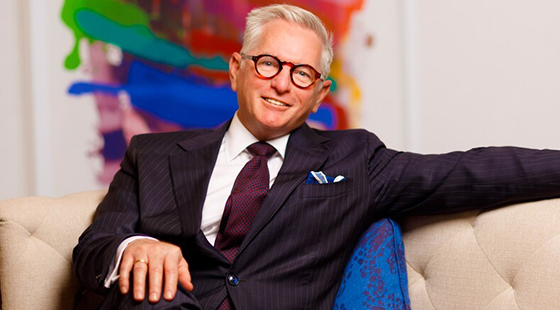Women missing out on UK hospitality boom
Women are starting to assert themselves in hospitality sector, although fewer than one in four chefs is female.
An analysis of the last five years of employment data from the Office of National Statistics (ONS) by hospitality recruiter the Change Group shows a shift in how women are working in hospitality, albeit mostly part-time and at a more junior level.
There are consistently more women than men working in hospitality; 54% of hospitality workers are female. The number of female chefs in the UK grew by 34% over the past 12 months, the biggest single rise over the past five years.
Meanwhile, the number of male chefs in the UK increased by only 5.9%, and the total number of chefs rose by 11.3%. This means that the growth in the number of female chefs is outpacing the rise in the number of chefs. But it remains that fewer than one in four (23.5%) of the total number of chefs in the UK is female.
If the rate of growth in female and male chefs remains consistent, female chefs could outnumber male chefs by 2022. However, many more women than men work part-time: only a third of men work part-time, while only a third of women work full-time.
Men also dominate senior managerial roles as well as ownership of restaurants and catering establishments. On average over the past five years, 58% of senior restaurant and catering staff have been men to 42% women.
Meanwhile, women dramatically and consistently outnumber men in what are termed "elementary services occupations" within the ONS data. Over the past five years, three out of five kitchen and catering assistants have been women, although this figure has declined from 67% in 2013 to 62% in 2017. Seven out of ten waiting staff are also female.
Founder and director of the Change Group, Craig Allen, said: "The surge in the number of female chefs joining the industry over the past 12 months could indicate that they are an important source of talent at a time which is vital as the hospitality sector continues to face a dire talent shortage. We may see more women rise to the fore, so the future in terms of employment could be brighter than anticipated for the industry."
Jenny Warner, head chef of the Thomas Cubitt in London Belgravia, said: "I think the main issue for women is when it's time to have a family… I've seen lots of talented women that are doing really well and then drop out when they reach a certain age to have a family. The result is that there aren't that many women in senior chef roles."
Women paid 2p more per hour than men in frontline hospitality jobs >>
A better kitchen environment will attract more female chefs, says Giselle Roux >>
Hospitality's gender pay gap narrows but women still earn less >>
Videos from The Caterer archives













